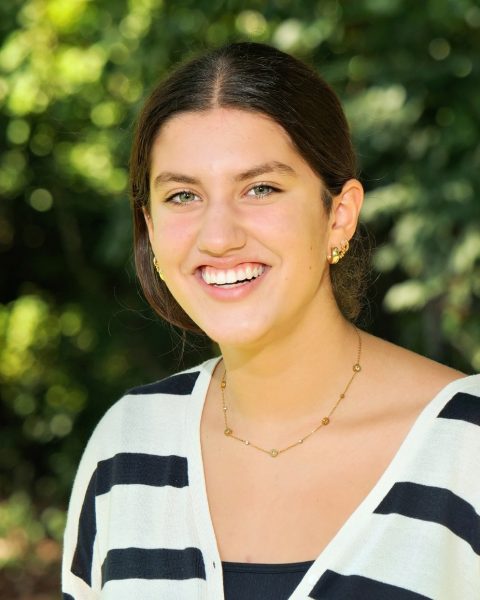Opinion: The school’s social climate is toxic
December 7, 2021
High school is notorious for its harsh social climate. As everyone is figuring out their place, social dynamics often can become intense, and CESJDS is no exception to that rule. At the beginning of freshman year, I struggled with a difficult social environment and a peer who decided to hate me. This hatred only escalated and began to affect my daily life.
The situation got so dire that I would go home every day dreading school and feeling bad about myself. Girls would talk about me behind my back, glare at me in the hallways and tell my friends that nobody wanted me around. They even went to the extent of throwing food at my lunch table.
The worst part about the situation was how powerless I felt. I knew that if I tried to take action to stand up for myself, they would only continue to make my life miserable. And on top of my own misery, it was worse to know that others feel similarly.
In a survey of 51 high school students who were polled about the social climate at JDS, 41.1% of students thought the school was a toxic environment and 39.2% of students said they would not be welcomed if they asked to sit at another clique’s table for lunch.
“[JDS] is very cliquey, and since the school is very small, word gets around fast,” a survey respondent said. “People like to cause a lot of drama, make a big deal out of something that is not and spread around various information.”
I think that the cliquey environment at school is partially attributed to the fact that many students have known each other since early childhood and exclusive friend groups have formed over time. However, this is not an excuse for the toxicity that has manifested as a result.
The administration has recognized that JDS has a cliquey environment and has made attempts to encourage students to branch out and make new friends. One of the attempts is called K’hilah, or advisory. Dean of Students Roz Landy said that K’hilah groups were created to give students a new group of friends as well as another teacher to rely on for support. Despite this goal, she acknowledges that the program is less than popular with many students.
It’s not enough for the administration to recognize this cliquiness as an issue and try to push us to be friends with people we are not – that is unrealistic. It’s not enough for you to walk by someone sitting alone and think to yourself “I feel bad for them.” Most importantly, it’s not enough to just say “this social division is a big problem.”
The only way we will move past this toxicity is if every student makes an effort to create a more inclusive and community-centered environment. I think that if we can take responsibility for our actions and hold each other accountable, there will be a much more good-natured JDS community and change will be on the horizon.







